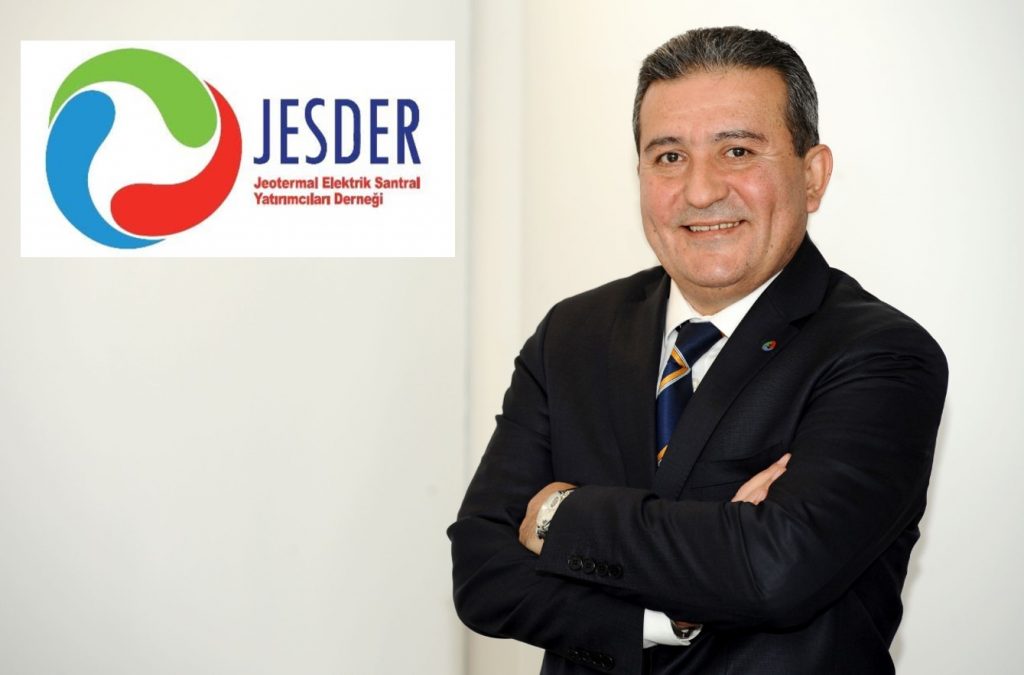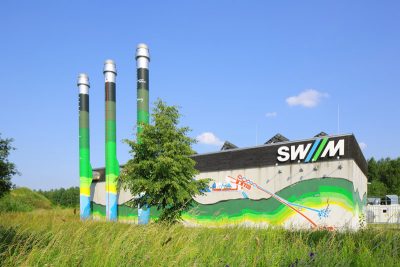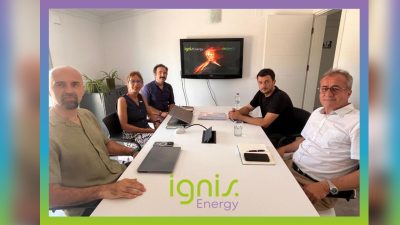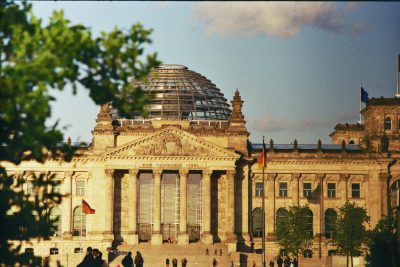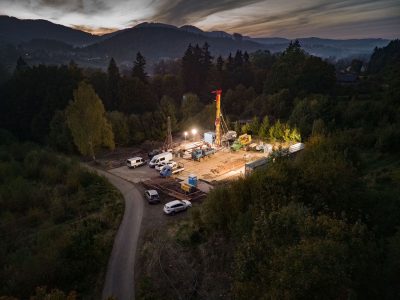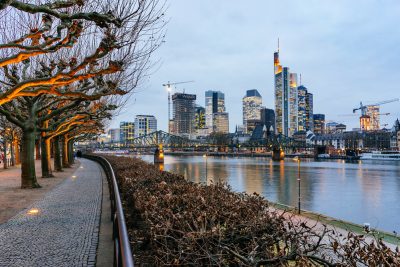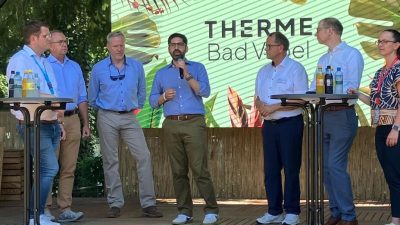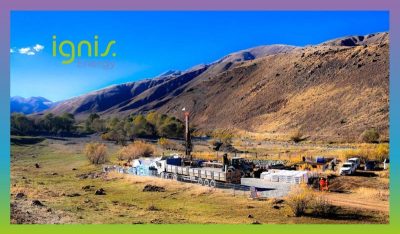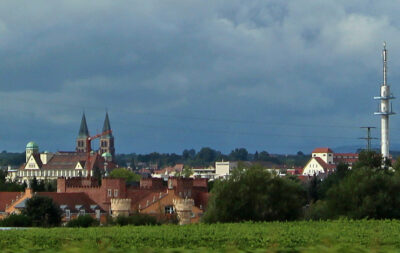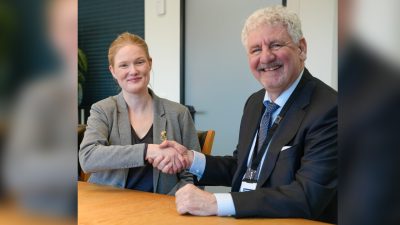Interview with JESDER’S Ufuk Senturk on geothermal in Turkey
In an interview, JESDER Chairman of the Board of Directors Ufuk Senturk stated that investments in geothermal energy can only be made with incentives.
Milliyet Energy magazine turned its route to clean energy opportunities in line with the energy problems experienced all over the world and in our country. Among the clean energy options, the first thing that draws attention is geothermal energy. The magazine conducted interviews on the subject in its February issue to find out how to make more use of geothermal energy.
Ufuk Senturk, President of the Geothermal Power Plant Investors Association (JESDER), was the guest of the February issue of Milliyet Energy. He stated that we have a say in the world with our geothermal resources, but our electricity production capacity is almost 3 times the installed power.
Senturk said, “Our electricity generation capacity is around 5 thousand MWs, we are currently at 1676 MW, so we are not even halfway there. In Turkey, approximately 160 thousand houses are heated with geothermal resources, but this number can reach up to 1 million houses, 4 thousand acres of greenhouses are heated, this may exceed 50 thousand acres. There are geothermal resources in almost every region in Turkey, especially in Western Anatolia, this may not be suitable for electricity generation, but it is possible to seek and find all of these resources for areas such as greenhouses and city heating.”
When asked why these resources are not sought, JESDER President said, “Because the exploration of geothermal resources in our country is extremely costly, we need incentives for this. Just as the Ministry of Energy previously launched YEKDEM and increased the 15 MW geothermal power plant almost 100 times, incentives are needed for other city heating and greenhouses.”
“Drilling and exploration are both extremely risky and extremely costly. In other words, the cost of a deep well is around 1000 dollars per meter. If you drill a thousand meters, it costs 1 million dollars, it is very difficult for a greenhouse farmer to do it or to drill a well for city heating. Because one well is not enough, you have to drill a reinjection well, which is worth 2 million dollars. No municipality or local government can undertake this burden for city heating and there is a risk that the well will be empty. But if these are sufficiently encouraged, we have suggestions in this regard.
“For example, we said that the fuel used in drilling should be exempted from SCT and VAT, an example of this is in the oil sector. This reduces fuel costs by about 80 percent. Currently, the Ministry of Agriculture has partial incentives, but this is about greenhouse investment, not about finding hot water. There are nearly two thousand wells waiting for ready use in the Southeastern Anatolia region. TPAO opened it for oil exploration, could not find oil, but they are full of hot water. There is a well with a capacity of 50 thousand decares of greenhouses and it does not require any investment costs.” gave the answer.
Senturk continued his words as follows: Unfortunately, we have to use the loans originating from the EBRD and the World Bank, which we use in Turkey to commission geothermal resources, through Turkish banks, so the financial risks of our country come into play. In the past, we could only borrow this on the electricity side, but now we can’t borrow it either. Because the current YEKDEM is indexed to the Turkish lira. Or, when you invest in a greenhouse, your income is in Turkish Lira, and if you turn to foreign currency loans, which are cheap here, currency risk arises and financing is out of feasibility.
Even if you try to borrow in Turkish lira, today you can borrow from 24-25 percent, it is impossible to make these investments at this rate. This is the current problem in our country. But if it is indexed to foreign currency like YEKDEM, the foreign currency loan is relatively lower and the exchange rate risk disappears. Today, if the Ministry of Agriculture indexes the incentives or incentives related to city heating to foreign currency, it will be out of business. If he does not tell us this, city houses that can be heated with geothermal have to be built with natural gas and imported coal, which are also indexed to foreign currency. In order to prevent this and to return to domestic resources, the state must take responsibility with us, with the investors.”
Click here to read the entire interview.
Source: Milliyet via our Turkish language platform JeotermalHaberler
